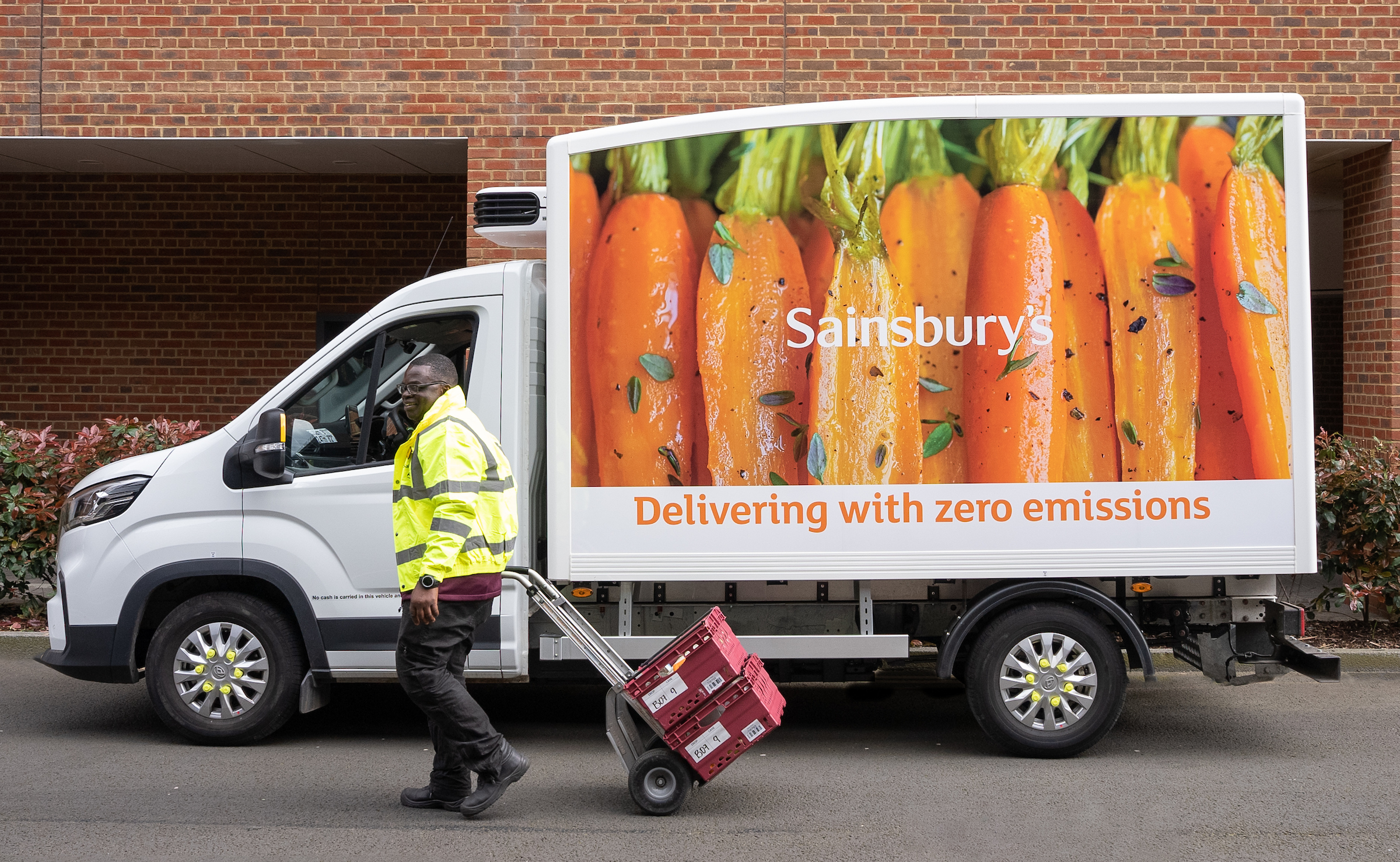Sainsbury’s new targets for decreasing its greenhouse gas (GHG) emissions have been verified by the Science Based Targets initiative (SBTi), the global body that sets requirements for and approves emission reduction targets.
In 2020, Sainsbury’s was one of the first UK retailers to set SBTi validated targets. The retailer had previously committed to reducing its absolute scope 1 and 2 emissions by 50% by 2030, but has now pledged a 68% reduction within the same time frame.
Sainsbury’s scope 3 emission reduction target of 30% by 2030 has now been turned into two separate commitments. It’s operational target, which includes areas such as transport, energy use and manufacturing sites, has been increased to 50.4%.
Then for the first time, following new requirements outlined by the SBTi, Sainsbury’s has validated targets which focus on scope 3 GHG emissions that come from forests, land and agriculture (FLAG). The retailer has pledged to reduce its FLAG emissions by 36.4% by 2030.
Sainsbury’s new targets are part of its work towards becoming net zero in its own operations by 2035, and in its value chain by 2050, in line with its commitment to the Paris Agreement of limiting global warming by 1.5°C.
Furthermore, along with other signatories of the WWF Retailer Commitment for Nature Sainsbury’s has asked its suppliers that are responsible for a high proportion of its scope 3 emissions to get approved science-based targets by the end of 2025.
The retailer has also continued to work collaboratively with WRAP and other signatories to identify the biggest opportunities for collective action on emission reduction.
Ruth Cranston, director of corporate responsibility and sustainability at Sainsbury’s, said: “Getting our updated targets validated by the SBTi is an important step forward. The effects of climate change are already very real so it’s vital that we act now to reduce emissions and protect and restore nature to help us build a resilient future for all.
“Our ambition to achieve net zero by 2050 will require transformation across our whole business, supply chains, as well as how we help our customers to make more informed choices. We can’t do this alone, so collaboration as an industry will be critical to drive the required change.”
The supermarket has joined the likes of Dunelm, John Lewis Partnership and Tesco in becoming SBTi certified. Food-box subscription firm Hello Fresh also committed to science-based emission targets last year.
We deliver!
Our editor picks some choice pieces from the analysis flow and sends them to your inbox every Wednesday. Dedicated research report previews will also come direct to you. Subscribe for the emails.
Why not join us on Linkedin and you’ll get the best updates on our research and analysis – UK, Europe and Global – in your feed.









